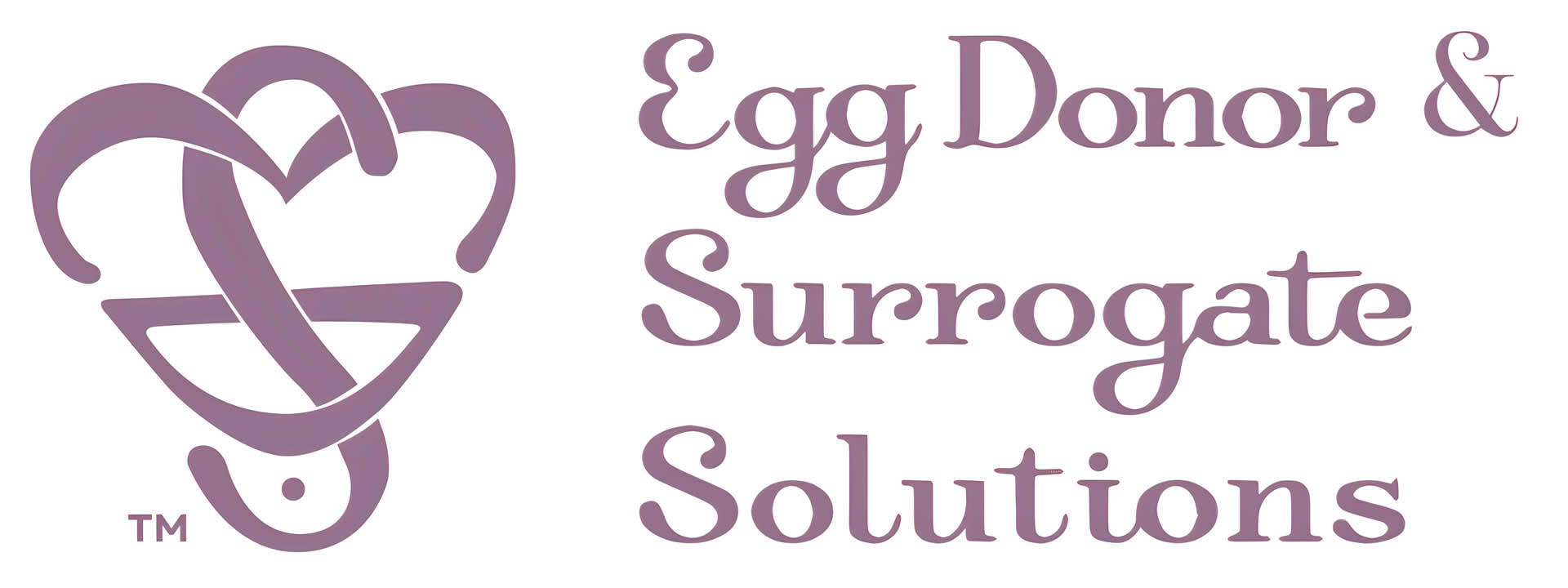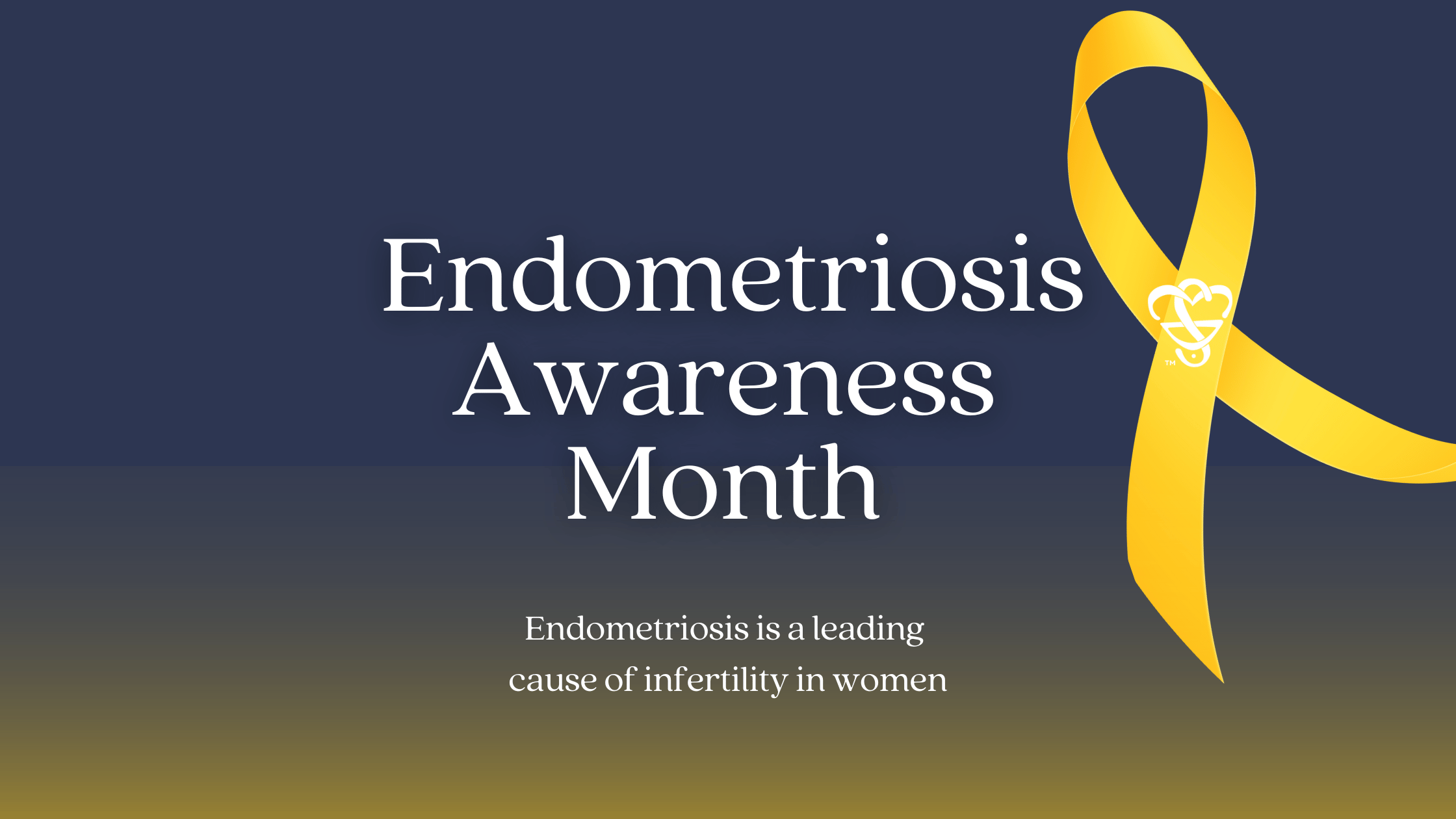March marks Endometriosis Awareness Month, a time dedicated to educating, advocating, and supporting the millions of individuals affected by this often-debilitating condition. Endometriosis is more than just painful periods—it’s a chronic disease that can impact every facet of a person’s life, from their career to their mental health and, most significantly, their ability to conceive.
What is Endometriosis?
Endometriosis occurs when tissue similar to the lining of the uterus (the endometrium) grows outside the uterus. This misplaced tissue can cause severe pain, inflammation, and the formation of scar tissue, often leading to fertility challenges. An estimated 1 in 10 women—approximately 200 million worldwide—live with endometriosis, many undiagnosed for years due to the lack of awareness and research surrounding the condition.
Endometriosis and Infertility
One of the most heartbreaking aspects of endometriosis is its connection to infertility. Studies suggest that 30-50% of women with endometriosis experience difficulties conceiving. The inflammation and scar tissue can interfere with ovulation, egg quality, and implantation, making natural conception challenging or even impossible for some.
This is where assisted reproductive technologies (ART) such as in vitro fertilization (IVF), egg donation, and surrogacy become invaluable. For many individuals and couples struggling with endometriosis, these options provide a path to parenthood when traditional means fall short. Egg donation helps those whose egg quality has been compromised, while surrogacy provides a solution for women who cannot carry a pregnancy due to severe endometriosis-related complications.
The Need for Awareness & Support
Despite its prevalence, endometriosis is often dismissed as “just bad cramps,” leading to delays in diagnosis that average 7 to 10 years. The more we talk about endometriosis, the more we can push for early detection, better treatment options, and increased funding for research.
Raising awareness also helps reduce the stigma around infertility and the use of alternative family-building options like egg donation and surrogacy. No one should feel alone in their journey to parenthood.
How You Can Help
- Educate yourself and others about endometriosis and its impact on fertility.
- Advocate for better research and healthcare policies that prioritize reproductive health.
- Support those struggling with infertility by acknowledging their experiences and offering resources.
- Consider becoming an egg donor or surrogate if you’re in a position to help someone else build their family.
Endometriosis Awareness Month is a call to action—a reminder that together, we can break the silence, foster understanding, and create a world where those affected receive the care and options they deserve. Let’s keep the conversation going, not just in March, but all year round.













